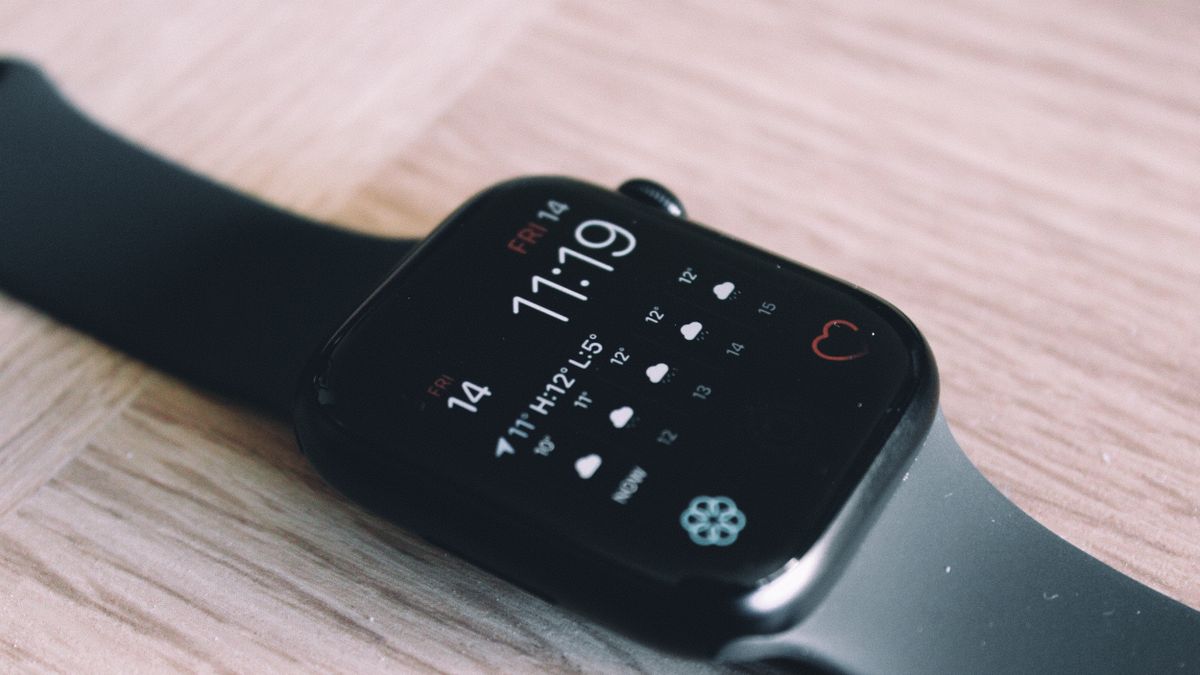A study of suffers of sickle cell disease admitted to the Duke University SCD Day Hospital has found that an Apple Watch can be used to help predict pain.
The people were given an Apple Watch Series 3 to wear during their stay at the hospital with the study using its sensors to collect data including heart rates, heart rate variability, and heart rate variability.
Sickle cell disease is associated with severe complications including chronic anemia, stroke, and vaso-occlusive crises (VOCs), the latter of which can be unpredictable and cause pain and hospitalization.
15,683 Apple Watch data points collected
The study covered 20 patients who identified as Black or African American and was made up of 12 females and 8 males. The median time people wore the Apple Watch was two hours and 17 minutes with a total of 15,683 data points collected across all of those being observed.
The report says that “data were analyzed using 3 different machine learning models: multinomial logistic regression, gradient boosting, and random forest, and 2 null models, to assess the accuracy of pain scores.” The report continues, saying that “the evaluation metrics considered were accuracy (F1-score), area under the receiving operating characteristic curve, and root-mean-square error (RMSE).”
All of the technical speak aside, the important part is pretty easy to follow — “all models outperformed the null models, and the best-performing model was the random forest model, which was able to predict the pain scores with an accuracy of 84.5%, and a RMSE of 0.84.”
The conclusion is that the Apple Watch is a promising, noninvasive way for medical professionals to collect data and predict pain scores during VOCs. What’s more, the study proved that you don’t need to be using Apple’s very best Apple Watches for this to work — the Apple Watch Series 3 went on sale in 2017.
This isn’t the first time that Apple Watches have been used in medical studies of course, but it’s another example of how doctors can use the sensors built into Apple’s wearable to do important and interesting things with the data they collect.
